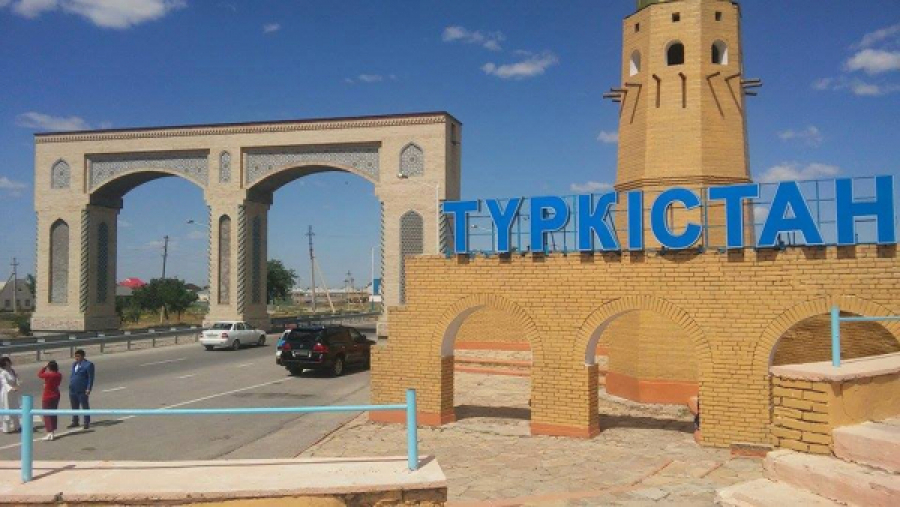
Nur-Sultan is becoming an increasingly comfortable city for tourists, the one that is keeping pace with the time. For example, a robot named Kairosh can provide visitors with the most up-to-date news and interesting offers. It is located in the Baiterek Monument, one of the main attractions of the Kazakh capital. Kairosh can speak two languages, dance and curtsey.
“The robot gives advice to visitors to the ‘Astana-Baiterek’ Monument, and tells everything that might be necessary and interesting for a tourist. In addition, we have launched special virtual reality tours there, which are free of charge for everyone,” said Daniyar Omarov, Project Manager for ‘Citypass Kazakhstan.’
Through virtual excursions, a tourist can see the most interesting places in the city from a bird's eye view and feel their atmosphere. It is convenient, especially if he or she is limited in time. These projects are part of the CityPASS Kazakhstan program. This is a single tourist smart card that allows people to visit all 12 attractions and two excursions on double-decker buses with a cumulative discount of 70 percent. Tourists save not only money, but also time. This is a common way for foreign tourists to visit a new city.
“Tourists know what CityPASS is, so when they arrive in a new city, in a new country, they are looking for a similar card. We took examples from many projects that were available outside, that is, from many other countries, and then combined all the best ideas in our tourism project. And it is fair to say that our tourist smart card is more interesting. The majority of tourists who arrive and use the tourist card are citizens of Russia, and then travelers from France, Italy, Belarus and Ukraine,” Omarov added.
In addition to sightseeing attractions, CityPASS includes public transport, discounts from top restaurants and hotels, and a travel guide in four languages. The card has already been purchased by about half a million people. Tourists can buy it from the robot Kairosh as well. A similar project will soon be launched in Turkistan and Shymkent.
Translation by Assem Zhnamukhanova
Editing by Galiya Khassenkhanova









